If you thought you knew Nollywood occult dramas, prepare to have your expectations redefined. VOICE OF EGEDE is not just a movie; it’s a high-stakes, gut-wrenching lesson in power, piety, and the horrifying lengths one daughter will go to avenge her father’s betrayal. This film takes the familiar trope of secret societies and familial sacrifice and twists it into a brilliantly executed psychological battle, turning the source of the villains’ wealth into their ultimate undoing.
From the moment the chilling demands of the Egede brotherhood are laid bare, the film sets a frantic pace that barely lets up. This is a story that dissects the dark intersection of corruption and ancient covenant, framed through the eyes of a young woman who refuses to be a victim, or a sacrifice. For fans of classic Nigerian cinema, this movie delivers the dramatic tension and moral ambiguity we crave, all while offering a uniquely satisfying conclusion.
1. The Weight of the Covenant: A Father’s Fatal Cowardice (Scenes 1-5)
The film opens with an immediate sense of dread as we are introduced to Johnson, a man of apparent wealth whose prosperity is revealed to be tethered to a dark, non-negotiable pact. His fellow cultists, led by the ruthlessly pragmatic Chief, pressure him to fulfill the chilling demand of the Egede spirit: the sacrifice of his only child, his daughter, Vera.
This opening sequence is a masterclass in establishing stakes. The antagonists are not cartoonish villains; they are cold, calculating business partners of the occult. We hear their twisted justifications—Chief Obata boasting about how he sacrificed his twins on their graduation day, and the casual advice that Johnson can “always remarry and have as many children as you want” once Vera is gone. Their argument hinges on the idea that wealth and power necessitate expendable resources, even when those resources are human lives.
Johnson’s pleas are heartbreakingly weak. He is not a man arguing against evil, but a man arguing against an inconvenient contract. His delay—his “useless feeling”—is presented by the cult as unacceptable. This refusal to fulfill his covenant, however half-hearted, seals his doom. The Egede brotherhood operates on obedience, and by showing dissent, Johnson writes his own expiration date, revealing the horrifying truth: the cult demands sacrifices, but only on its own timeline.
2. The Shocking Aftermath: A Corpse in the Living Room (Scenes 6-10)
The film’s intensity spikes dramatically with Johnson’s sudden, unsettling death. This is not a quiet passing; the circumstances are murky, but the cult’s involvement is clear. Vera, a military college graduate returning home to surprise her father, walks straight into a nightmare: the body of her father is delivered in a closed casket.
The subsequent standoff between Vera and the cultists is one of the most memorable scenes in the entire movie. The instruction from the brotherhood is both cruel and psychologically torturous: Johnson’s body “must not be deposited in a morgue. It must be kept here until we are ready to give him a befitting burial.” This forces Vera to live, eat, and sleep under the same roof as the decaying corpse of the man murdered by her father’s partners.
This act transforms the family home into a mausoleum and highlights the cult’s immense, overreaching influence, extending their control even into death. It is the definitive trigger for Vera, moving her beyond grief and into the cold, strategic phase of revenge. They sought to intimidate her into silence; instead, they ignited a wildfire.
3. Justice Interrupted: The System Fails (Scenes 11-15)
Vera’s initial attempt at conventional justice is swift and brutally halted. Armed with the knowledge of the conversation she overheard, she confronts the two chiefs, demanding they face the law. This scene delivers the film’s sharpest critique of societal corruption.
The introduction of the Assistant Commissioner of Police and a DSS officer (MK) highlights how deeply the Egede brotherhood has infiltrated institutional power. The ACP dismisses the law and the constitution entirely, not only allowing the chiefs to remain free but also arresting Vera on a trumped-up charge of terrorism for burning her father’s altar.
This moment is pivotal, teaching Vera that the rules of engagement must change. When the very system designed to protect citizens is in the pocket of the occult, an individual cannot fight by the book. Her incarceration and subsequent forced signing of documents—agreeing to never accuse them and to obey their burial dictates—is the final humiliation that shaves away any remaining faith in official channels. She emerges from prison with a singular, primal purpose: the complete and utter destruction of the men who killed her father and mocked the law.
4. Unmasking the Weakness: The Oracle’s Dark Revelation (Scenes 16-20)
Vera finds a clandestine ally, an Oracle or “wise one,” who provides the strategic blueprint for her revenge. This is the moment the film pivots from a survival narrative to a tactical thriller. The Oracle reveals the profound irony underpinning the Egede brotherhood’s power: their covenant requires a “living sacrifice.”
These are not conventional sacrifices, but the leaders’ own children (like Chief Obata’s son, J, and the other chief’s daughter, Annabel). The covenant dictates that these children must be kept perpetually happy and free from all pain; their tears must never touch the ground. This condition is the source of the chiefs’ continued wealth, but also their Achilles’ heel.
The instruction is stark: “Do the opposite and watch their lives crumble.” This revelation elevates the conflict beyond simple murder; it becomes a spiritual and psychological war. Vera is now tasked with breaking the covenant by weaponizing the one thing the cultists fear most: the suffering of their beloved, privileged dependents.
5. Execution of Vengeance: The Crying Game (Scenes 21-25)
The final act is a tense, multi-layered operation as Vera puts the Oracle’s plan into motion. She successfully tracks down and kidnaps both living sacrifices. This is where Vera’s character truly shines. She is cold, efficient, and utterly focused. Her goal is not to kill them, but to make them cry.
The scenes involving the cultists’ children are deeply unsettling. J, a young boy used to demanding and receiving instant gratification (including coercing his maid into a relationship because his father insists he must be made happy), is suddenly powerless and terrified. Annabel’s mother is frantically brought to her son, only for Vera to demand the chief’s son in exchange for her safety, demonstrating Vera’s superior psychological manipulation.
Vera’s demands on her captive, J, are simple: “All I need from you is your tears. I want you to go into pains, cry, weep. That’s all I need from you to get what I want.” She forces him to confront reality, withholding comfort and demanding the emotional release that his father’s covenant has forbidden. Every drop of a child’s tear on the ground is a hammer blow against the spiritual foundations of the cultists’ power.
6. The Crumbling Towers: A Spiritual Retribution (Scenes 26-30)
The brilliance of the film’s conclusion lies in the parallel destruction of the villains. As the living sacrifices weep, the cult leaders suffer immediate, simultaneous, and catastrophic consequences.
The wealthy Chief Obata rushes to the Oracle, his body “aching him,” frantically reporting that his warehouse is on fire. The other chief’s wife is driven to hysterics, begging for mercy. Their panic is palpable. They are powerful against the police, against logic, and against individual people, but they are utterly defenseless against the conditions of their own dark contract.
The final chase and the chaotic end—where the cultists are shown running, disoriented, and vulnerable as they are spiritually and physically hunted—is a deeply satisfying moment of cinematic justice. The film uses dramatic sound and visuals to communicate that the world is literally collapsing around them, not by a physical weapon, but by the shattering of a spiritual bond.
7. Character Deep Dive: From Reluctance to Ruthlessness
Character
Arc and Analysis
Key Scene Impact
Vera Johnson
The Avenging Daughter: Vera is the definitive protagonist. Her time in military college suggests a disciplined, strategic mind. She starts as a grieving daughter seeking legal recourse but quickly adapts to the brutal reality of the cult’s power. Her transformation into a cold, efficient operator willing to use the children as leverage (without harming them, only causing emotional distress) is the driving force. She fights spiritual fire with spiritual fire.
The confrontation and arrest scene (where she realizes the law is worthless).
Johnson
The Tragic Coward: Johnson represents the moral compromise of the wealthy elite. He desired the power of Egede but lacked the ruthlessness to pay the cost. His attempts to evade the sacrifice lead to his death and indirectly forces his daughter to face the darkness alone. His post-death warnings from the grave (telling the morgue owner not to take his body) suggest a spirit still bound and trying to protect his daughter.
His emotional collapse during the pressure meeting with the chiefs.
Chief Obata & Co.
Hubris Personified: These are the film’s antagonists, embodying the chilling lack of empathy that comes with illicit power. Their belief that money can buy anything—including children, impunity, and the system—is their ultimate downfall. They fear nothing until the tears of their own “living sacrifice” begin to fall, proving that even the most protected power has a source and a vulnerable point.
The scene where Obata desperately visits the Oracle, his composure completely gone.
Why VOICE OF EGEDE Demands Your Attention
VOICE OF EGEDE is a powerful, dark tapestry woven from the threads of family loyalty, occult terror, and systemic corruption. It excels not just in its dramatic pacing but in its intellectual core: the clever reversal of fortunes achieved by exploiting the cult’s own rigid rules. The film is a statement on the true cost of unchecked power and a thrilling exploration of a heroine who learns to fight on the spiritual and psychological battlefield.
The ending is neither neat nor clean, but it is deeply satisfying, confirming that sometimes, the most effective revenge is found in turning a villain’s greatest asset—their source of strength—into their most crippling liability. The performances are intense, particularly Lizzy Gold Onuwaje as the relentless Vera, who captures the transition from shock to surgical revenge flawlessly.
Call to Watch: If you’re looking for a Nollywood thriller that is both emotionally resonant and strategically brilliant, VOICE OF EGEDE is mandatory viewing. Prepare to be hooked from the first scene to the final, chaotic collapse of the Egede brotherhood. Watch it now and see how one daughter’s refusal to be silent becomes the voice of Egede’s judgment.
#NollywoodTimes
#VoiceOfEgede
#NollywoodThriller
#LivingSacrifice
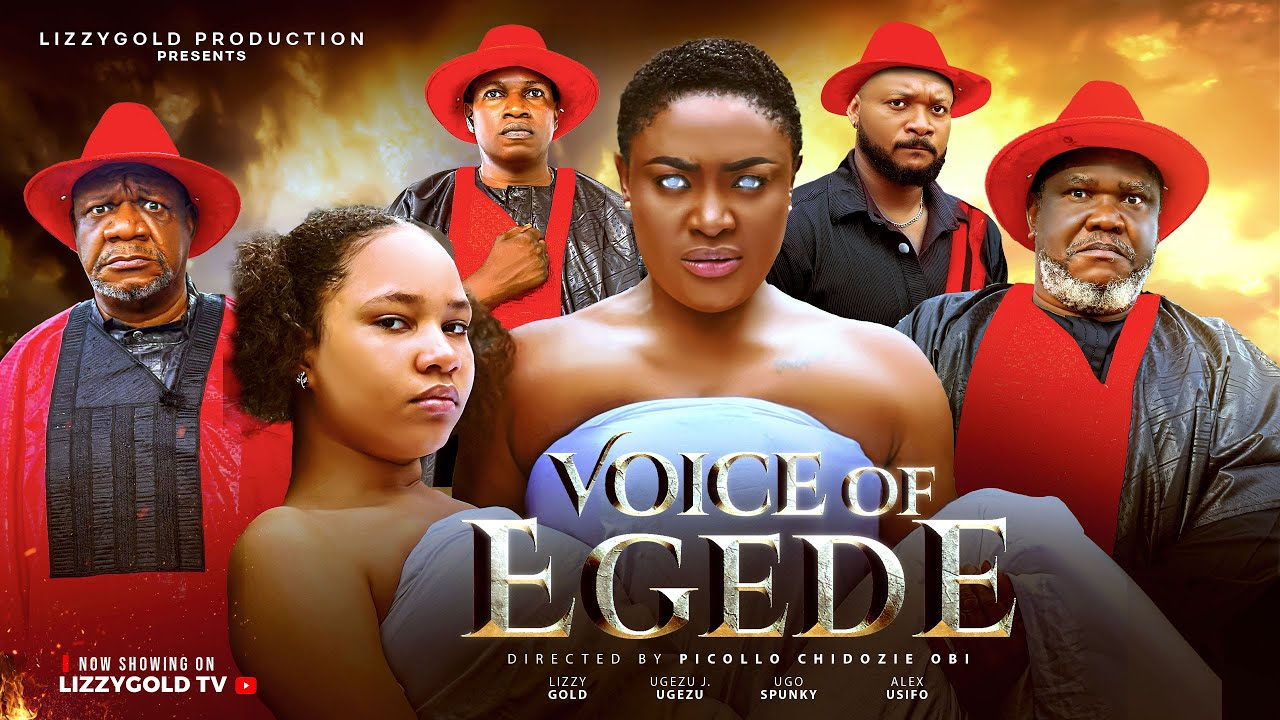

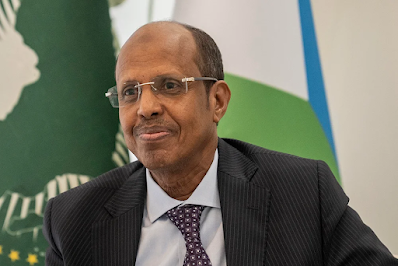

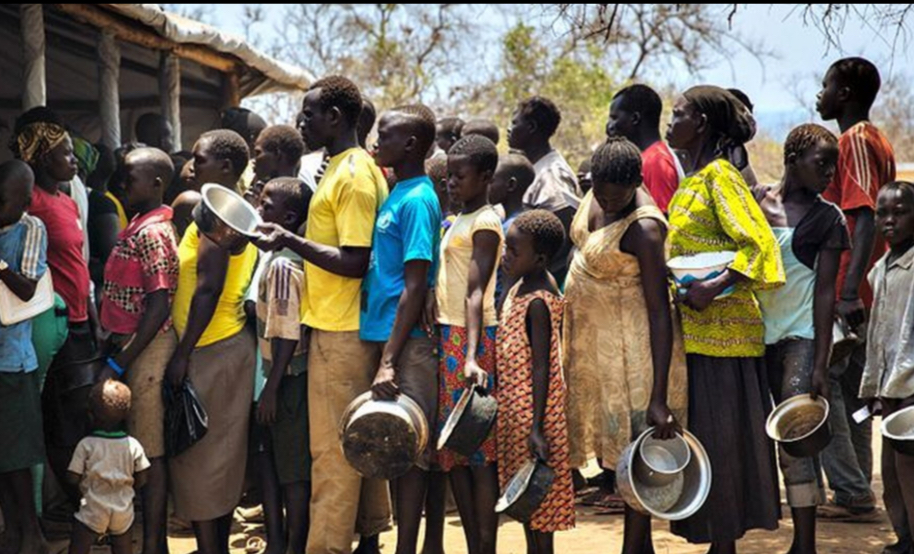


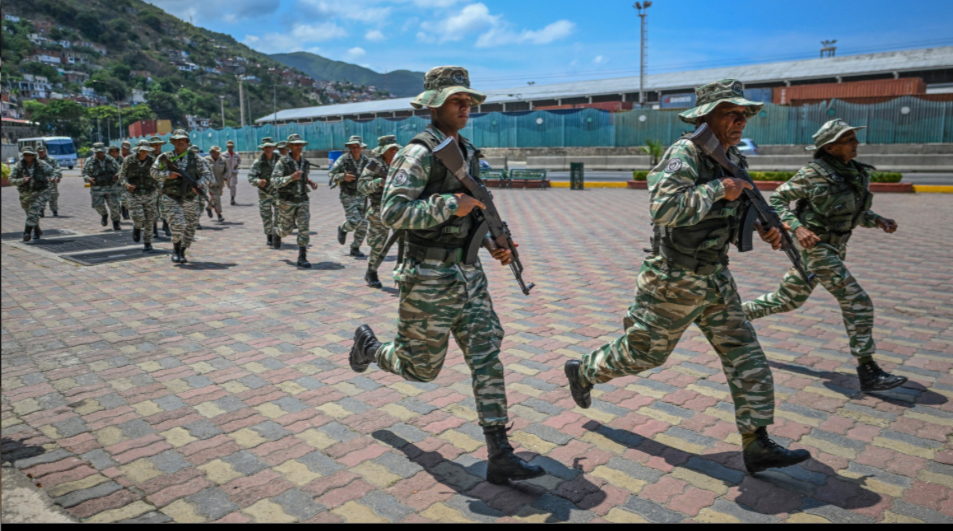
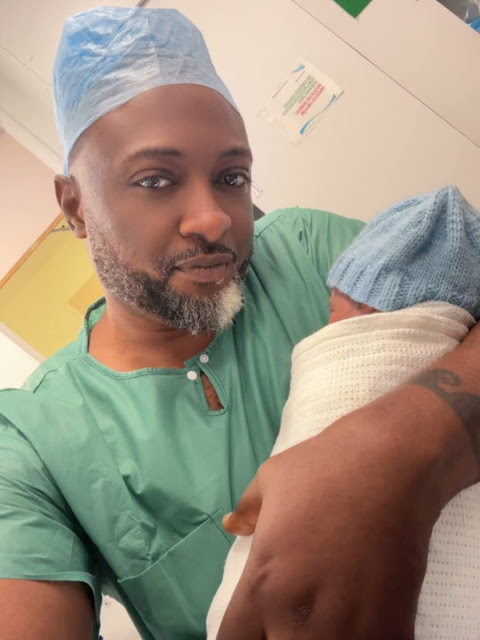
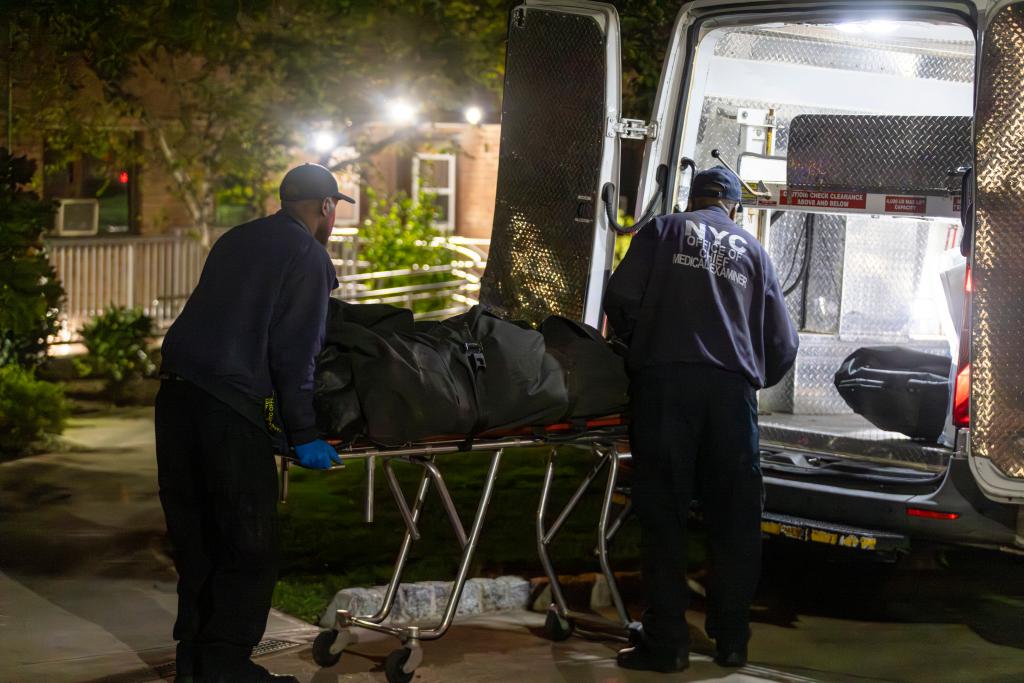
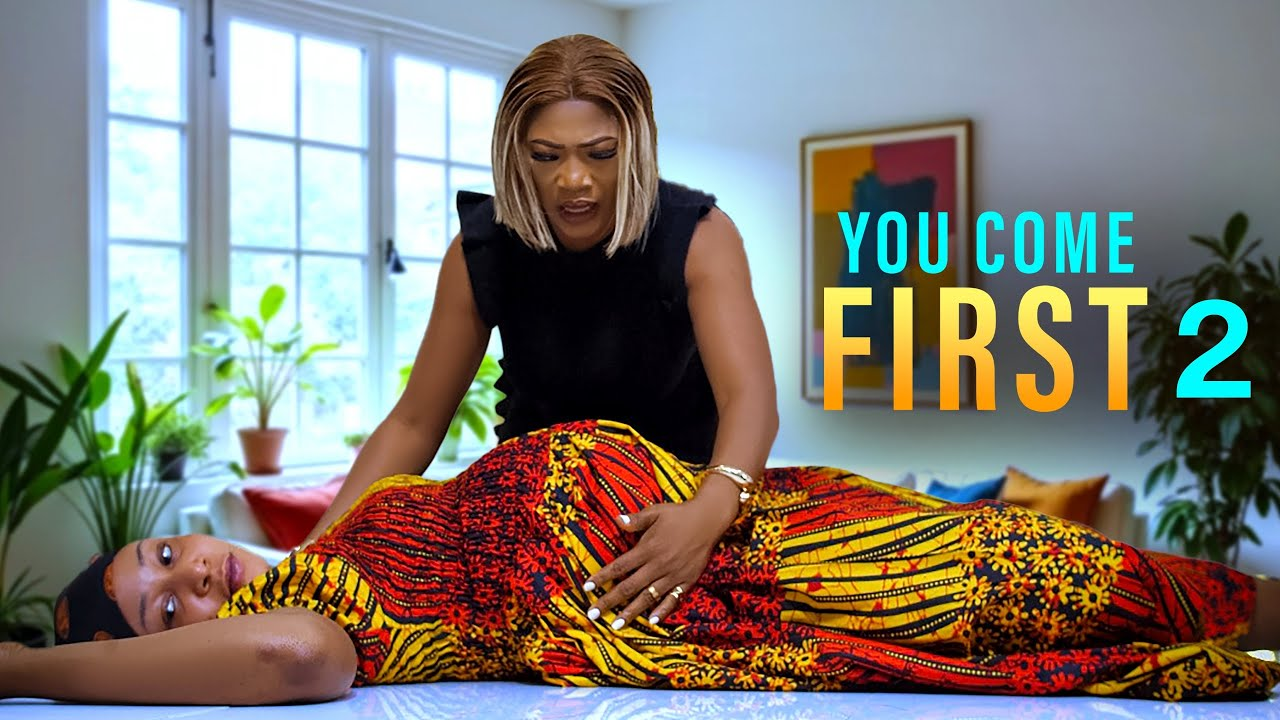


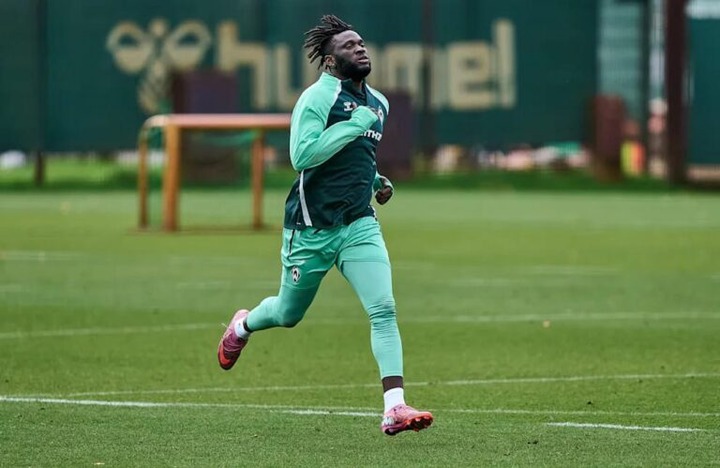
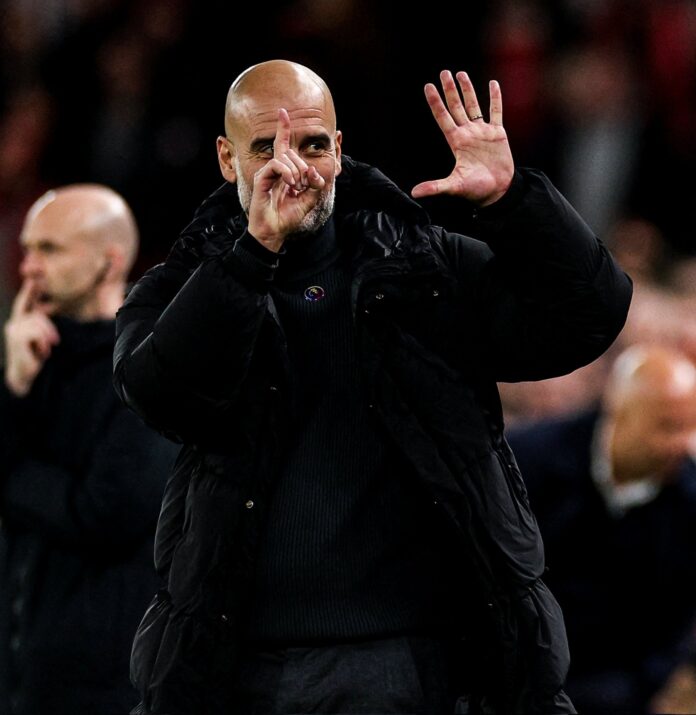
Leave a Reply